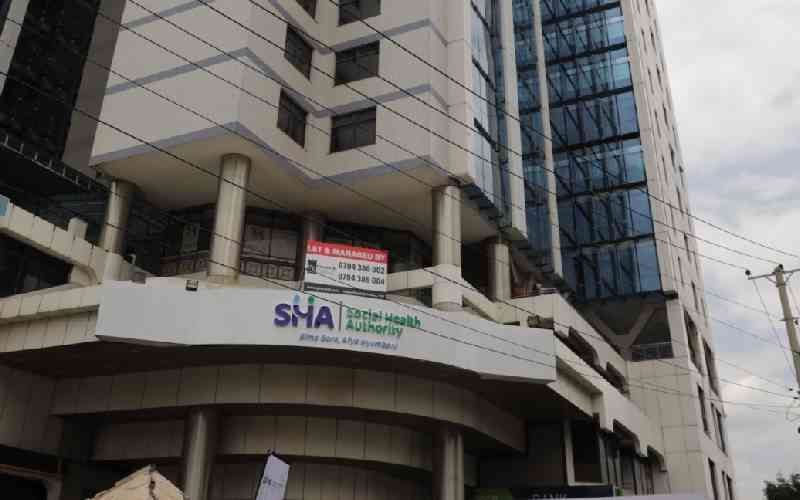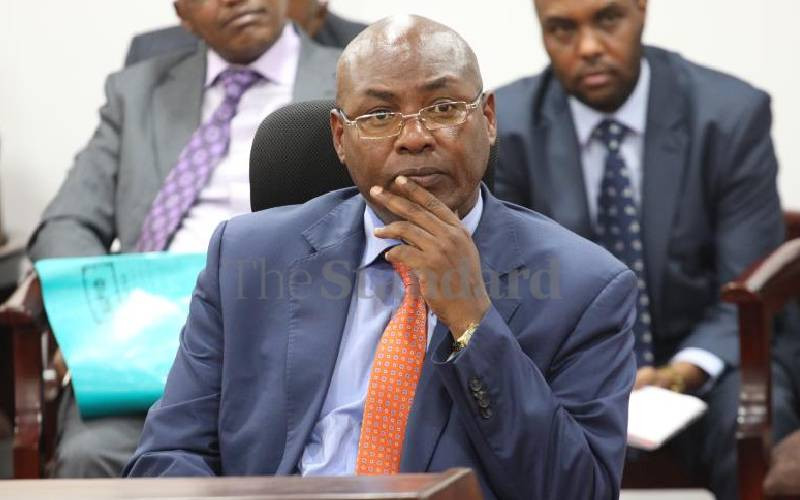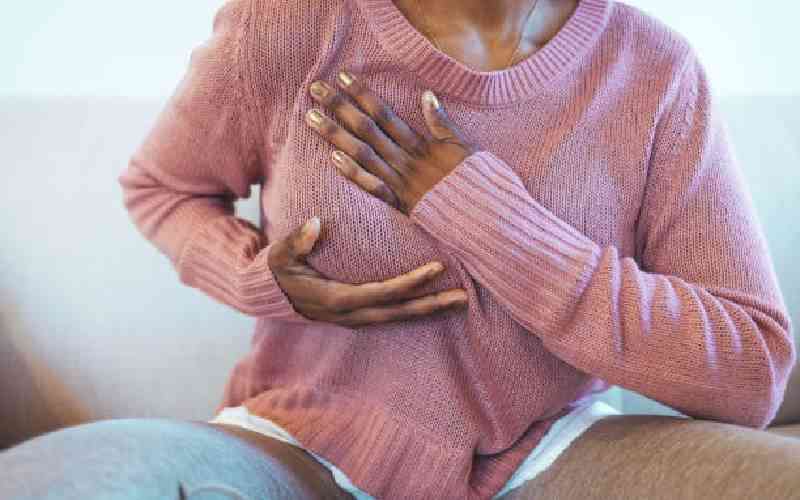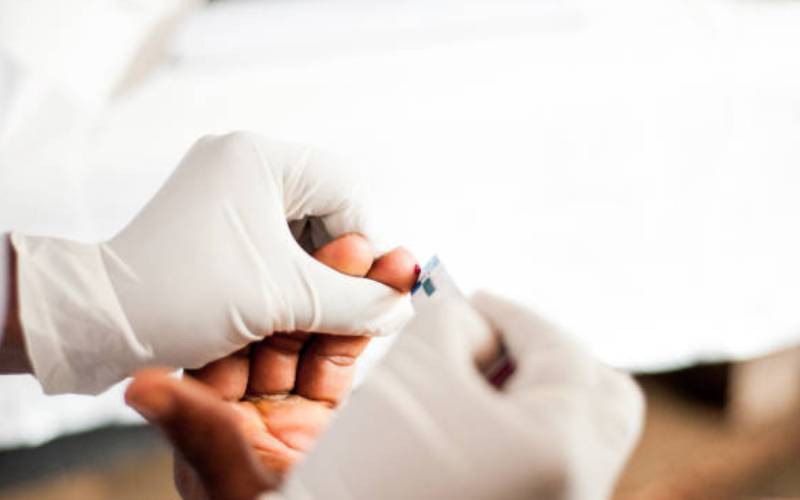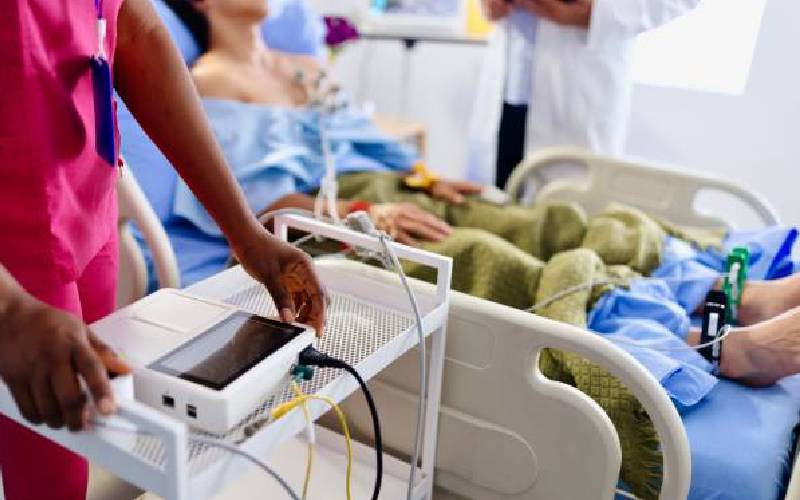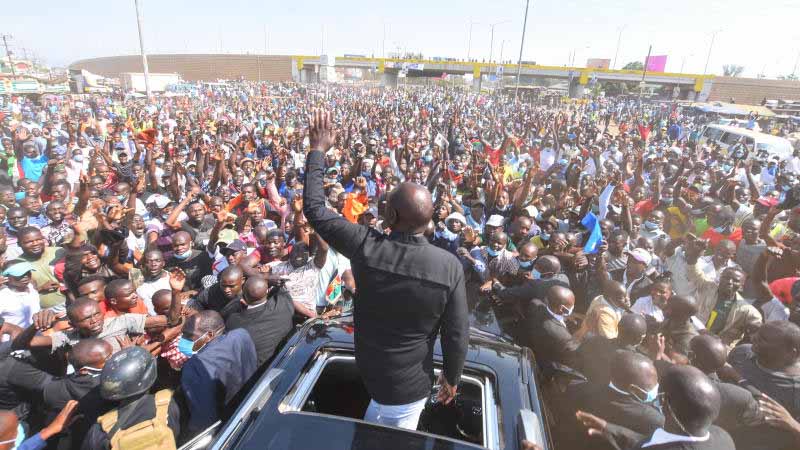
Kisumu County hosted this year’s Madaraka Day celebrations on June 1. This despite surging cases of Covid-19 and recent discovery of the Indian variant, which is 50 per cent more transmissible than other variants.
Only 3,000 card-invited guests were to be allowed inside the 30,000-seater Jomo Kenyatta International stadium “under very strict protocol procedures… to protect people from these variants that have been detected.”
But the laxity witnessed during the celebrations had medics and researchers worried, considering that the lakeside city has been named alongside North Rift, upper and north eastern regions as being the emerging epicentres of Covid-19, according to a source at the Covid-19 Centre.
Kisumu leads in the number of new infections at 57, followed by Nairobi at 48, Siaya, 36, Mombasa and Kericho 22 cases each, Kirinyaga 19, Homa Bay at 14, Nyamira 12, while Kilifi and Bungoma each had nine cases.
Kisumu also hosted Madaraka Day on the background of a strained healthcare system including non-functional infrastructure and few ICU beds worsened by shortage of medical oxygen and inadequate Covid-19 testing due to low capacity.
Kisumu County, National Nurses Association of Kenya chair, Collins Ajwang’, reckons “it’s no secret that there is a surge in Covid-19 patients in our hospitals and the number of health workers and nursing students getting infected is worrying.”
Ajwang predicts that the effects of holding Madaraka Day in Kisumu will be felt after two weeks.
The Lake Region Economic Bloc (Lreb) Health Pillar director, Rosemary Obara also concurred that “upsurge of cases will be seen after the event if there’s a lapse in compliance” and also considering that “when the President comes to a place, things happen.”
 The Standard Group Plc is a multi-media organization with investments in media platforms spanning newspaper print
operations, television, radio broadcasting, digital and online services. The Standard Group is recognized as a
leading multi-media house in Kenya with a key influence in matters of national and international interest.
The Standard Group Plc is a multi-media organization with investments in media platforms spanning newspaper print
operations, television, radio broadcasting, digital and online services. The Standard Group is recognized as a
leading multi-media house in Kenya with a key influence in matters of national and international interest.

